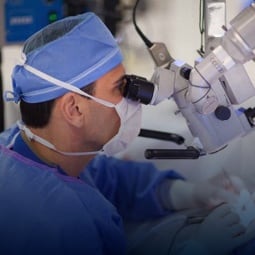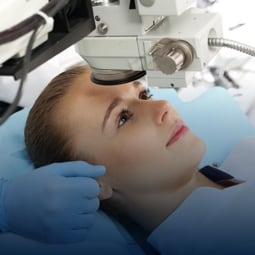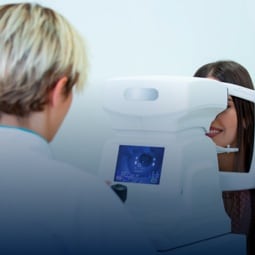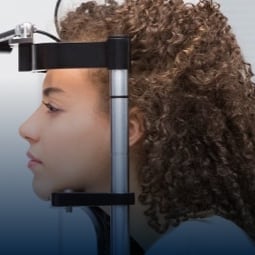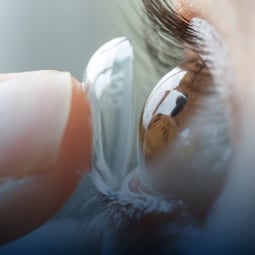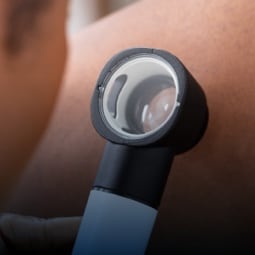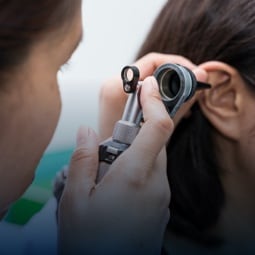
World-Class Center of Excellence
You may be developing cataracts if your vision becomes cloudy, you lose color perception, or you have trouble reading. This condition occurs when the natural lens begins to cloud with age. The normally transparent lens becomes opaque with time, resulting in loss of sight and even blindness.
At Center For Sight, our team has performed thousands of life-changing cataract procedures. Besides our surgical expertise, we commit to providing a close and honest patient-doctor relationship with courteous and respectful service.
Learn more about cataract surgery at Center For Sight and how we can help restore your vision.
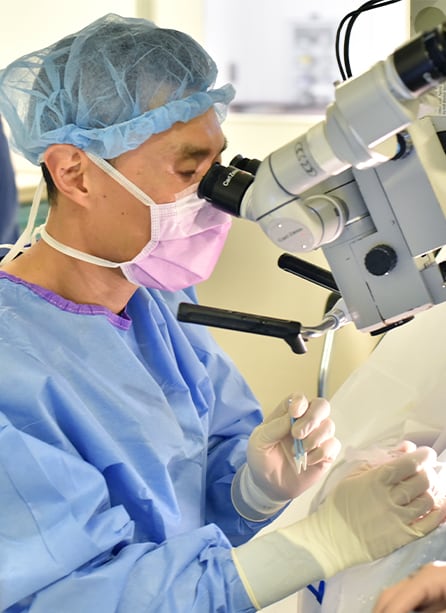

What Is Laser
Cataract Surgery?
Laser cataract surgery can help you see clearly again. For more than 30 years, the pioneering surgeons at Center For Sight have helped set the standard in cataract and lens replacement surgery.
Our tradition of eye care excellence continues with our investment in Laser Cataract Surgery, a medical innovation perfectly suited for the unique complexities of the human eye. In 2012, our team of cataract surgeons were among the first in the nation to perform Laser Cataract Surgery with the LENSAR femtosecond laser. As the #1 LENSAR Laser Practice in the country, we take pride in our commitment to delivering exceptional surgical outcomes while prioritizing precision and safety. Having performed over 45,000 successful LENSAR procedures, our skilled team of experts ensures unparalleled accuracy and care.
Cataract surgery involves removing your natural lens and replacing it with an artificial intraocular lens implant, also known as an IOL. Furthermore, cataract surgery performed using the LENSAR femtosecond laser allows for more precise incisions with improved accuracy and consistency.
Another benefit of laser cataract surgery is the opportunity to also treat astigmatism at the time of cataract removal. During treatment, your surgeon creates specific incisions in the cornea to help reshape it, correcting astigmatism. Cataract surgery occurs at Center For Sight’s AAAHC accredited eye surgery center in Sarasota, FL. We offer manual and laser cataract surgery with the LENSAR femtosecond laser. The technology we combine at Center For Sight offers the greatest likelihood for improved vision at all distances so you can enjoy the things you love once more.
Clear Lens Enhancement (CLE)
If you’re over 50 and you wish to see clearly without glasses or contacts, clear lens enhancement (CLE) might be the right approach for you. Similar to cataract surgery, clear lens enhancement is a procedure in which a customized intraocular lens is placed in the eye to correct nearsightedness (myopia), farsightedness (hyperopia), astigmatism and presbyopia. This lens will remain in your eye for the rest of your life. This procedure also eliminates the need for cataract surgery in the future, a common result of aging.
Clear lens enhancement is a remarkably successful surgery that leaves patients with sharp vision and a more permanent ability to see and live with a much lower dependence on glasses or contacts. In fact, of our patients at Center For Sight who undergo a clear lens enhancement procedure, 95% no longer need corrective lenses. Speak with your doctor to determine if clear lens enhancement is right for you.
Cataract Treatment Options
We offer a range of treatments at Center For Sight to meet your unique vision needs. After reviewing the anatomy of your eyes, we can offer suggestions to help you achieve the best vision possible.
Our surgeons will determine whether or not you’re a candidate for laser cataract surgery. They will then assess your desired outcome and help you decide which cataract treatment option is best.
We offer 3 vision options: advanced, custom, or basic vision. Your surgeon may use a combination of these treatments and lens implants.
Advanced Vision
Advanced Vision may help you achieve freedom from glasses at all distances, from near to far. It involves:
- Laser cataract surgery
- Advanced implant
- Astigmatism treatment
- Corneal topography
- LASIK enhancement (if necessary)
Custom Vision
Custom vision provides improved distance vision, but you will still require eyeglasses for close-up tasks. This procedure involves:
- Laser cataract surgery
- Astigmatism treatment
- Shape matched implant
- Corneal topography
- LASIK enhancement (if necessary)
Basic+ Vision
Basic+ vision will help provide clearer vision, but you will still require eyeglasses after surgery. It involves:
- Manual cataract surgery
- Corneal topography
- Shape matched implant

RxSight™ Light Adjustable Lens
Center For Sight now offers the Light Adjustable Lens, a new addition to our premium lens technology. The Light Adjustable Lens allows your surgeon to continue customizing your vision after your cataract surgery, allowing your eyes time to heal and adjust before locking in your personal best vision. This post-surgical adjustment is performed in the office through a series of brief, painless light treatment procedures. Typically reserved for patients who have had previous laser or corneal surgery, this technology is available in select markets. Ask your surgeon if the Light Adjustable Lens is right for you.
Why choose the Light Adjustable Lens?
With the Light Adjustable Lens, you will have the unique opportunity to adjust and preview your vision until it meets your personal desires and lifestyle requirements. This optimization is done by your eye doctor after lens implantation through a series of light treatment procedures that take only a few minutes each session.
Who can Benefit from the Light Adjustable Lens?
The U.S. Food and Drug Administration has approved the Light Adjustable Lens and Light Delivery Device for patients with preexisting astigmatism of 0.75 diopters or more who are undergoing cataract surgery.
What to Expect After Surgery
In the weeks following your surgery, you and your doctor will work together to optimize your vision using UV light treatments. During this period, you will need to wear UV-blocking glasses provided to you by your doctor. These glasses will protect your eyes from exposure to all other sources of indoor and outdoor UV light, which can cause uncontrolled changes to the Light Adjustable Lens.
The UV protective glasses must be worn during all waking hours, from the time of lens implantation until 24 hours after your last light treatment is completed. At that point, no further changes can be made to the implanted Light Adjustable Lens, and you can remove the UV protective glasses and enjoy your custom vision!

We Use Tecnis Synergy
In 2021, the FDA approved the Johnson & Johnson TECNIS Synergy™ intraocular lens (IOL) for cataract treatment. It is the most advanced IOL to date, offering uninterrupted high-contrast vision at all depths, no matter the time of day. Our team at Center For Sight was the first in the nation to implant this lens.
David Shoemaker, M.D., founder and director of laser cataract and lens replacement surgery at Center For Sight, was the first ophthalmologist in the United States to implant the Synergy™ intraocular lens as a Food and Drug Administration approved device.
The Synergy™ lens can assist in all aspects of your daily routine. It can help with contrast sensitivity, visual acuity, and depth perception while removing unwanted glare, halos, and other side effects of standard IOL technology. This lens is also available in a toric version for patients with astigmatism.
Restoring Vision With Laser Precision
Our surgeons can customize your cataract procedure to your eye’s unique structure with laser cataract surgery. This advanced technology results in better visual outcomes with greater patient safety.
Contact us if you’re interested in laser cataract surgery. We’re here to help.

Our Locations
See Our Google Reviews

News
Common Causes For Itchy Eyes and How To Treat Them
Eye CareEye irritation is not a major cause for concern. However, it’s a very uncomfortable and common complaint that affects people of all ages. Scratchy eyes can disrupt your daily life, whether it’s a fleeting itch or a persistent discomfort. The reasons behind itchy eyes vary widely—some are trivial, while others could signal something more concerning. […]
Read More… from Common Causes For Itchy Eyes and How To Treat Them
Protecting Your Vision During the Solar Eclipse: Understanding Solar Retinopathy
News & UpdatesWith the excitement surrounding the upcoming solar eclipse, it’s essential to prioritize eye safety to prevent potential vision damage. Dr. Tanuj Banker, Retina Specialist at Center For Sight, sheds some light on a crucial concern related to eclipses: solar retinopathy. Solar retinopathy occurs when the sun’s harmful ultraviolet (UV) radiation damages the retina—a delicate tissue […]
Read More… from Protecting Your Vision During the Solar Eclipse: Understanding Solar Retinopathy
Center For Sight Implants New FDA-Approved iDose®TR Device
Eye SurgerySARASOTA, Fla. (MARCH 26, 2024) – Center For Sight, A US Eye Company, one of the nation’s leading ophthalmology practices, has performed the first iDoseTR implant surgery in the state of Florida since the device was approved by the Food and Drug Administration in December, 2023. The iDoseTR implant, manufactured by Glaukos Corporation, is a […]
Read More… from Center For Sight Implants New FDA-Approved iDose®TR Device
Common Causes For Itchy Eyes and How To Treat Them

Eye irritation is not a major cause for concern. However, it’s a very uncomfortable and common complaint that affects people of all ages. Scratchy eyes can disrupt your daily life, whether it’s a fleeting itch or a persistent discomfort. The reasons behind itchy eyes vary widely—some are trivial, while others could signal something more concerning. […]
Read More… from Common Causes For Itchy Eyes and How To Treat Them
Protecting Your Vision During the Solar Eclipse: Understanding Solar Retinopathy

With the excitement surrounding the upcoming solar eclipse, it’s essential to prioritize eye safety to prevent potential vision damage. Dr. Tanuj Banker, Retina Specialist at Center For Sight, sheds some light on a crucial concern related to eclipses: solar retinopathy. Solar retinopathy occurs when the sun’s harmful ultraviolet (UV) radiation damages the retina—a delicate tissue […]
Read More… from Protecting Your Vision During the Solar Eclipse: Understanding Solar Retinopathy
Center For Sight Implants New FDA-Approved iDose®TR Device

SARASOTA, Fla. (MARCH 26, 2024) – Center For Sight, A US Eye Company, one of the nation’s leading ophthalmology practices, has performed the first iDoseTR implant surgery in the state of Florida since the device was approved by the Food and Drug Administration in December, 2023. The iDoseTR implant, manufactured by Glaukos Corporation, is a […]
Read More… from Center For Sight Implants New FDA-Approved iDose®TR Device
Check Us Out On Social.


We are a proud partner of US Eye, a leading group of patient-centric, vertically integrated multi-specialty physician practices providing patients with care in ophthalmology, optometry, dermatology, audiology and cosmetic facial surgery.




